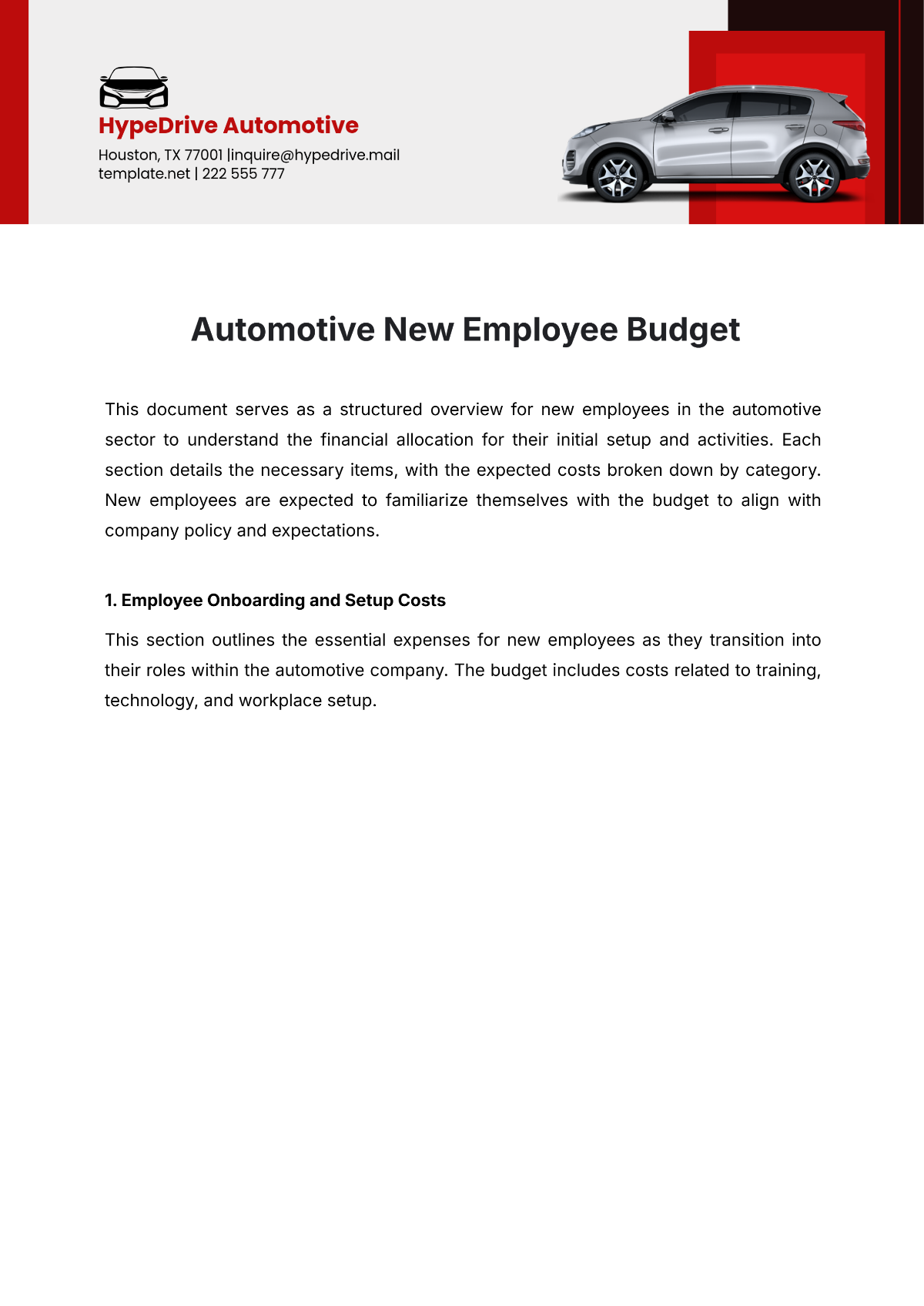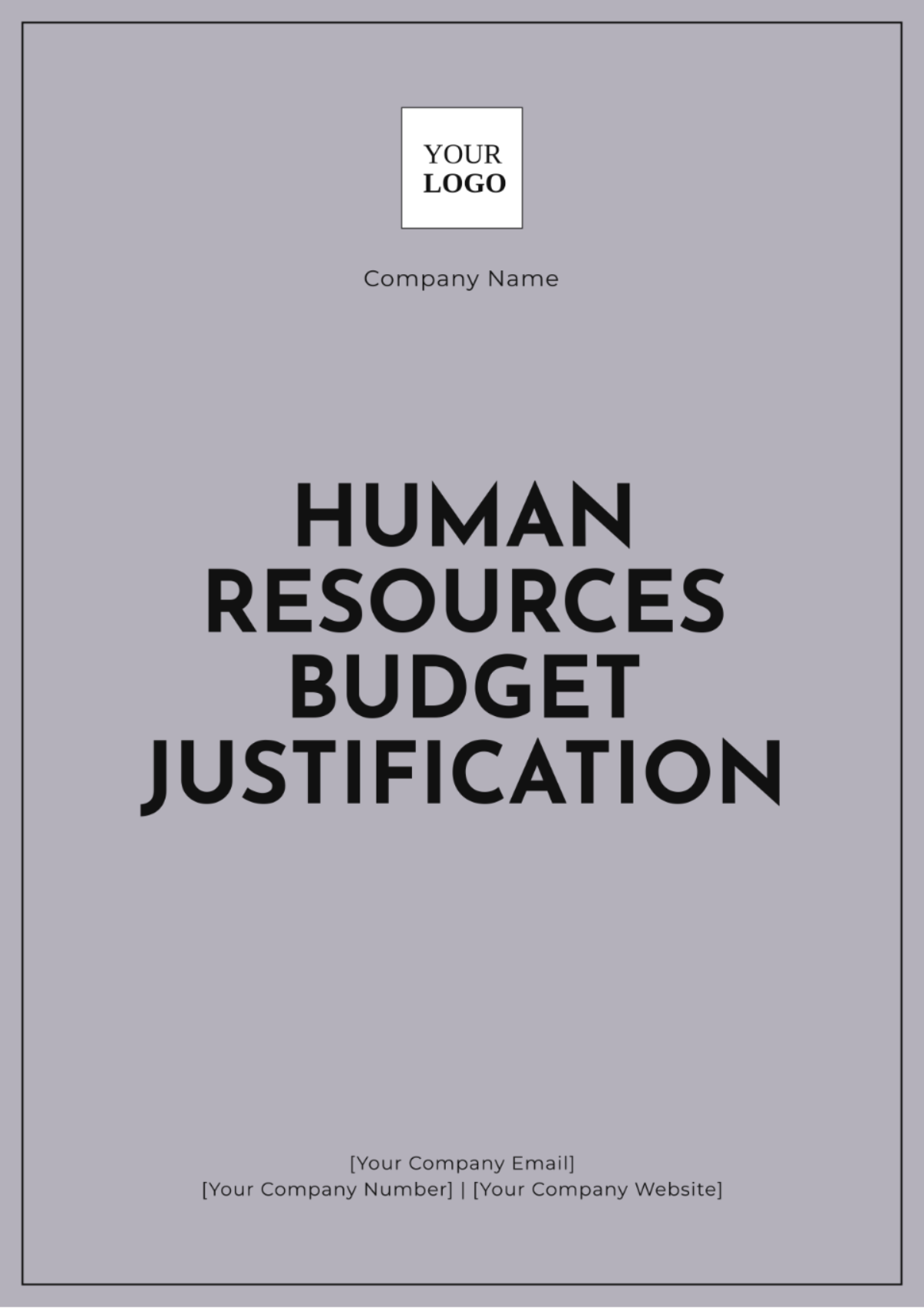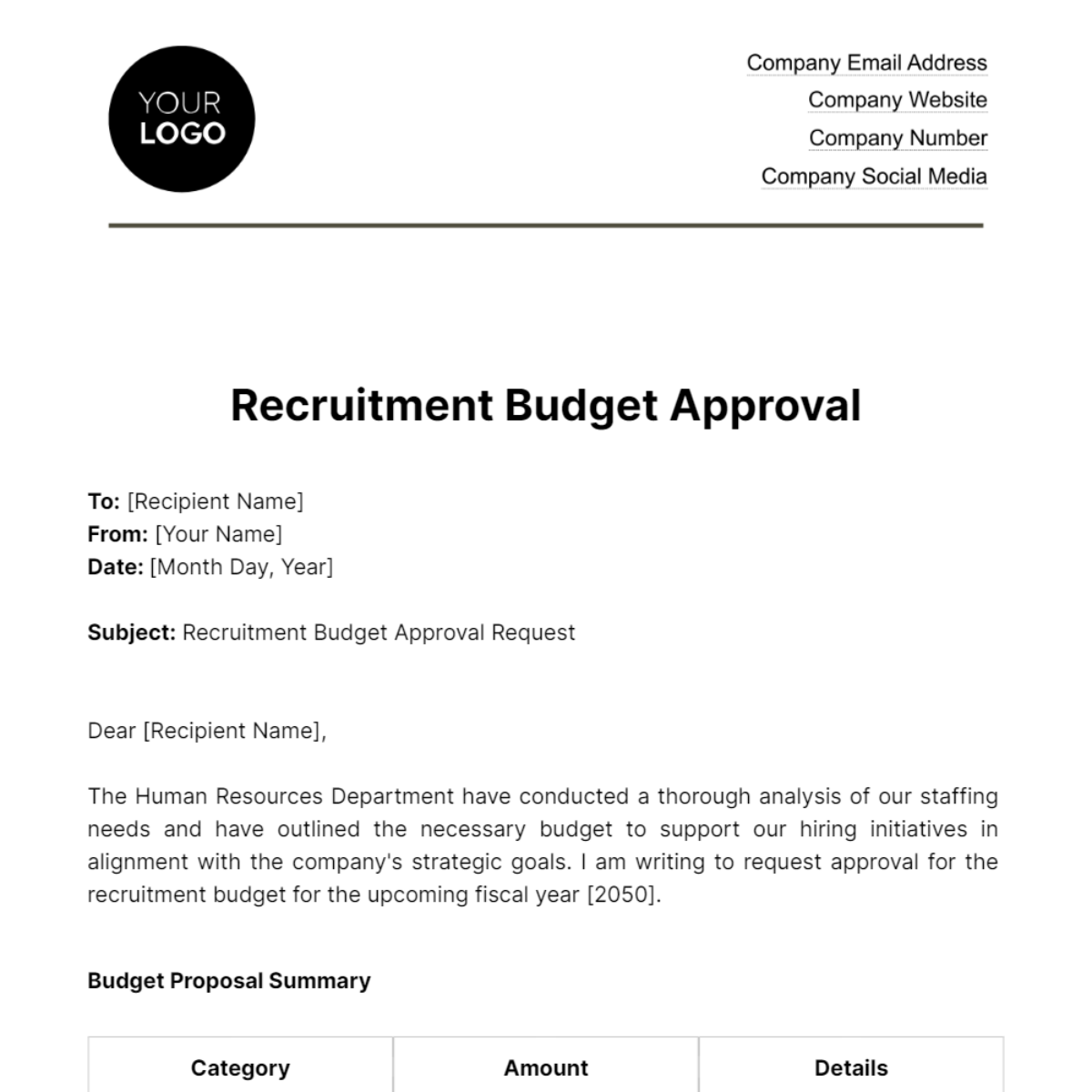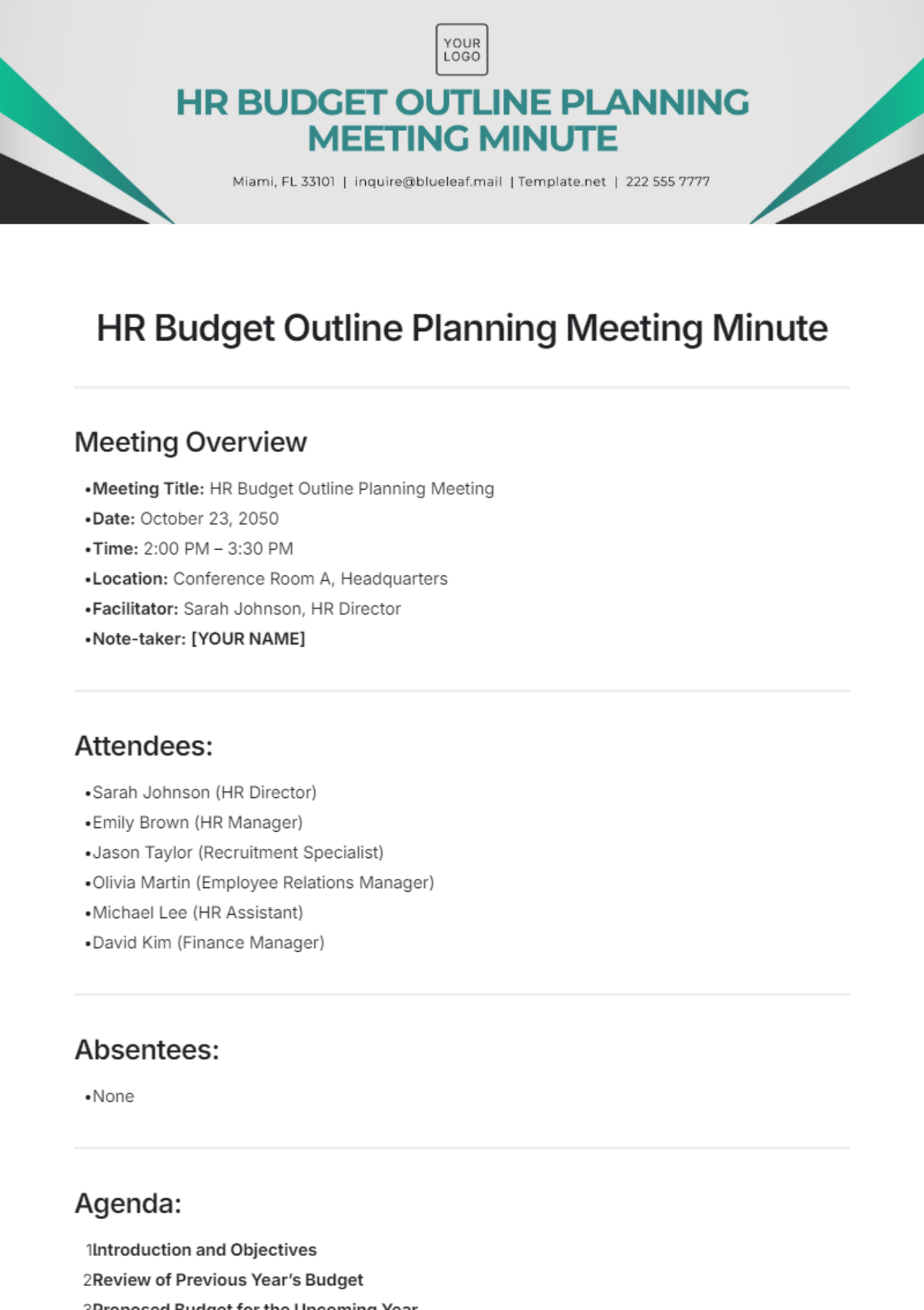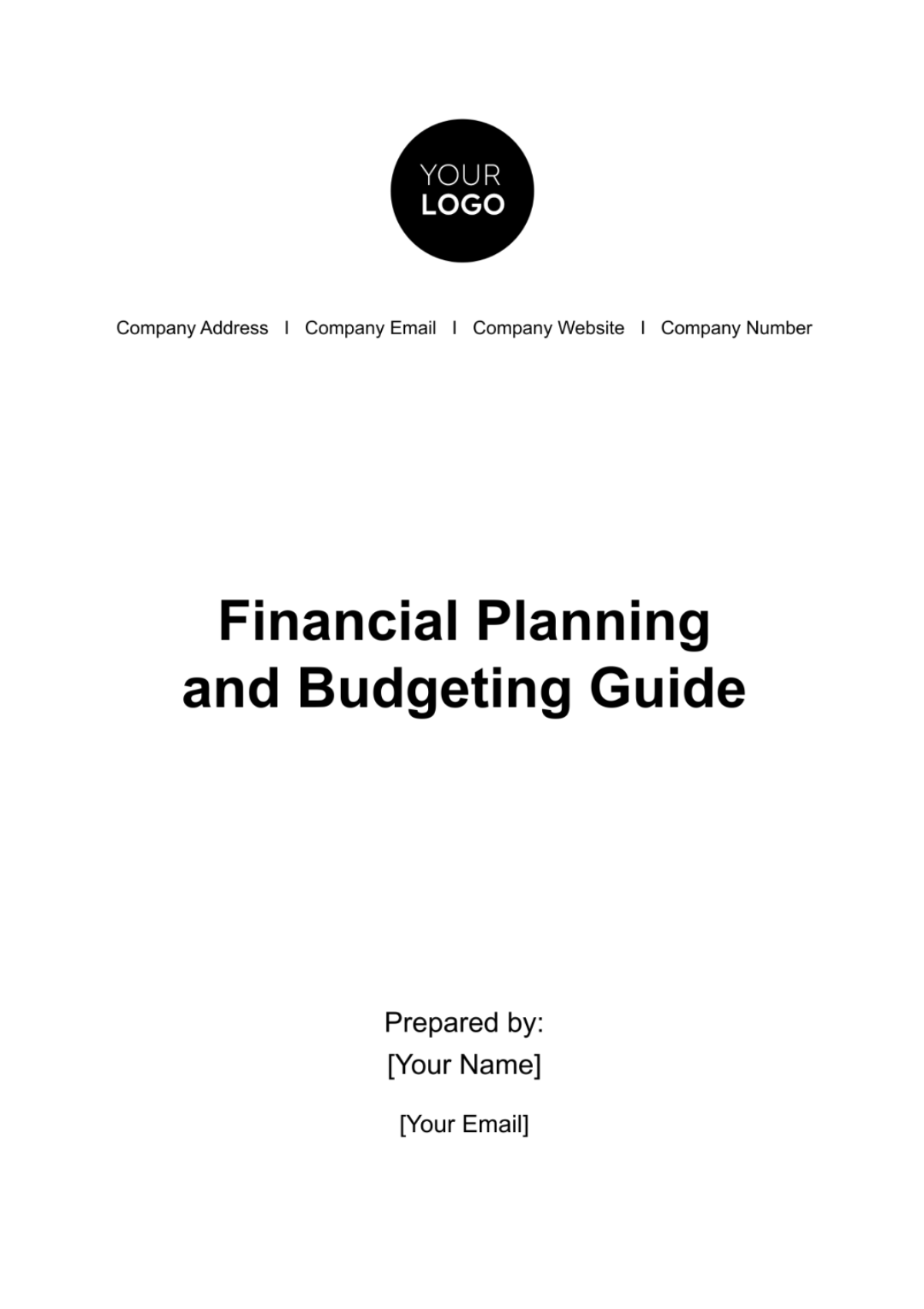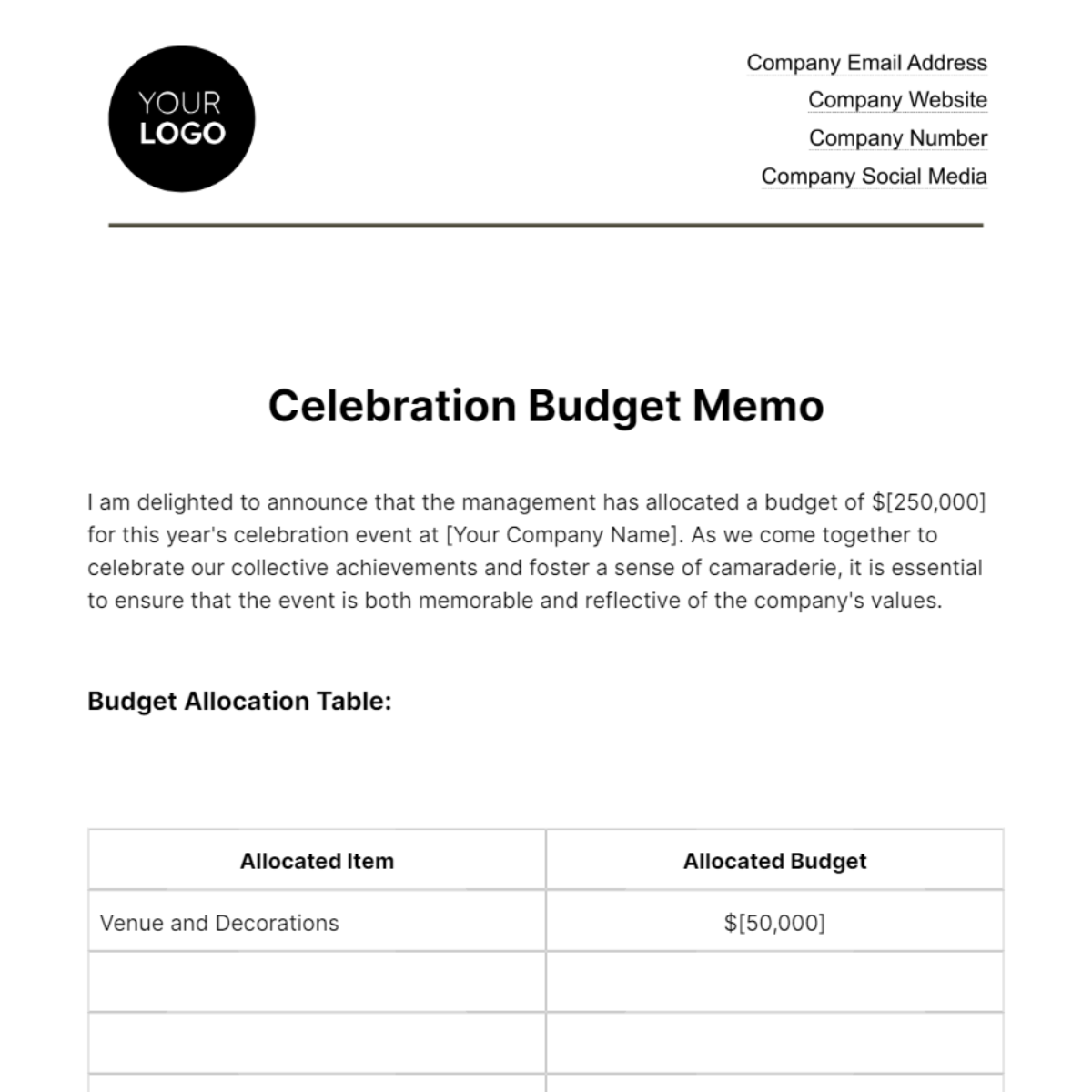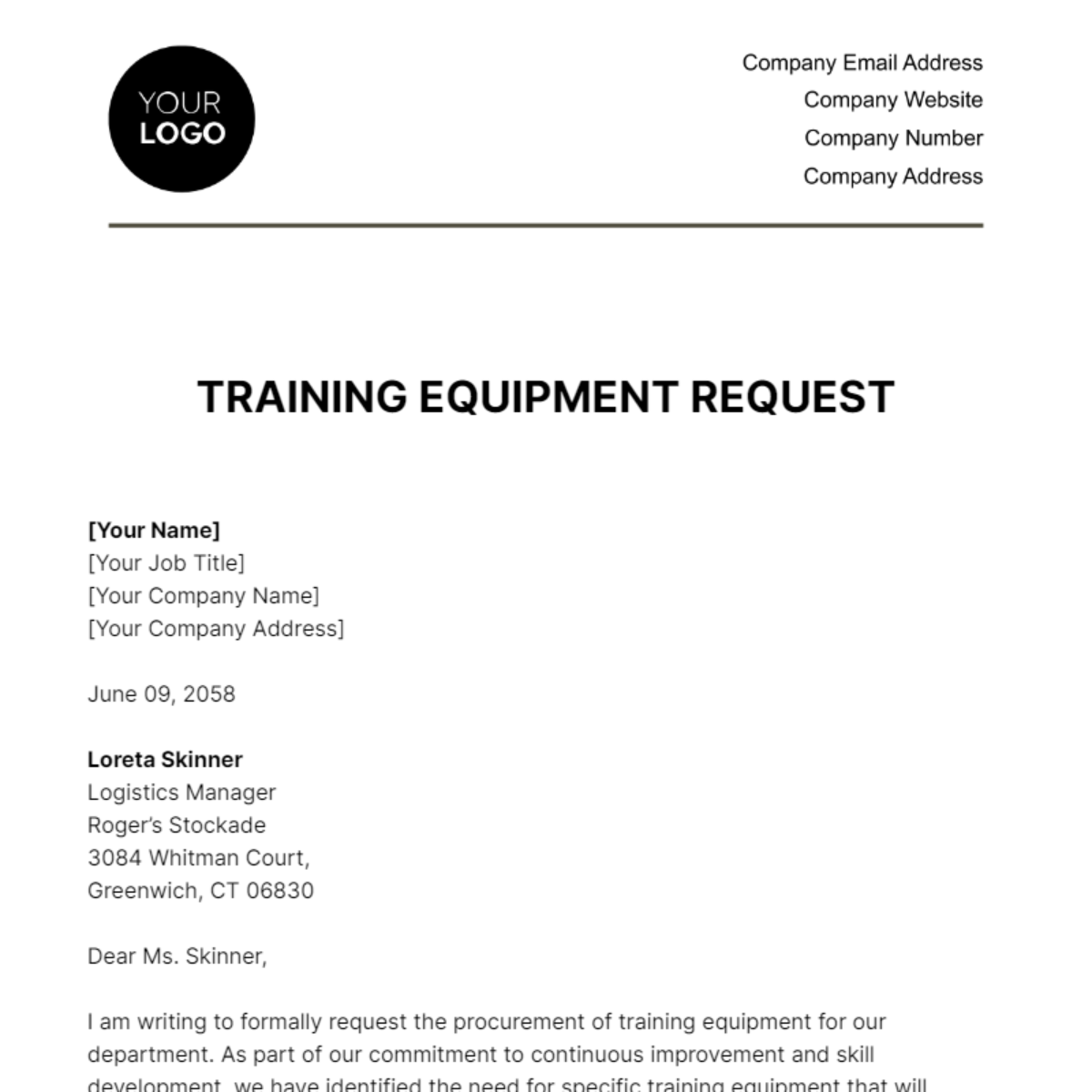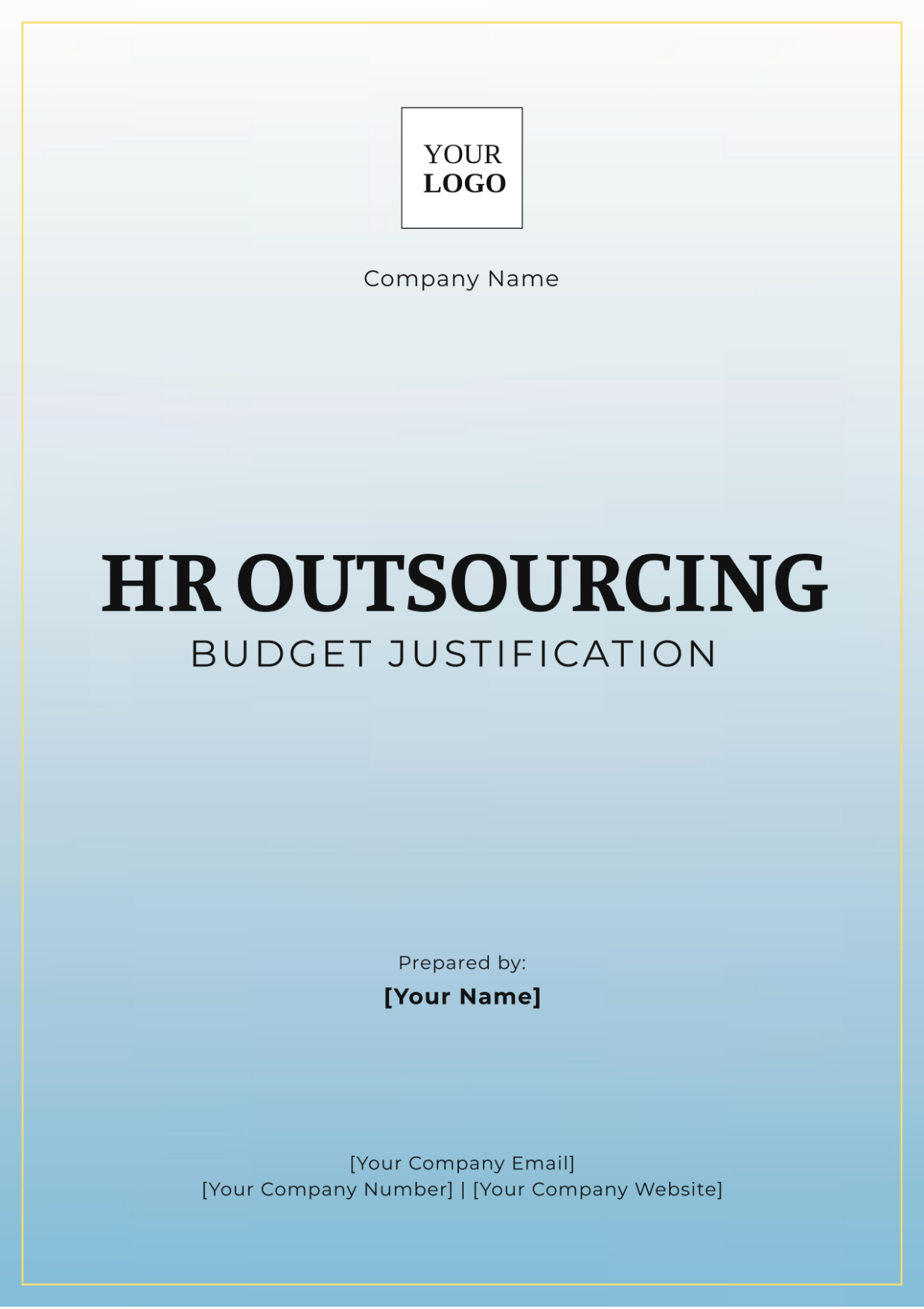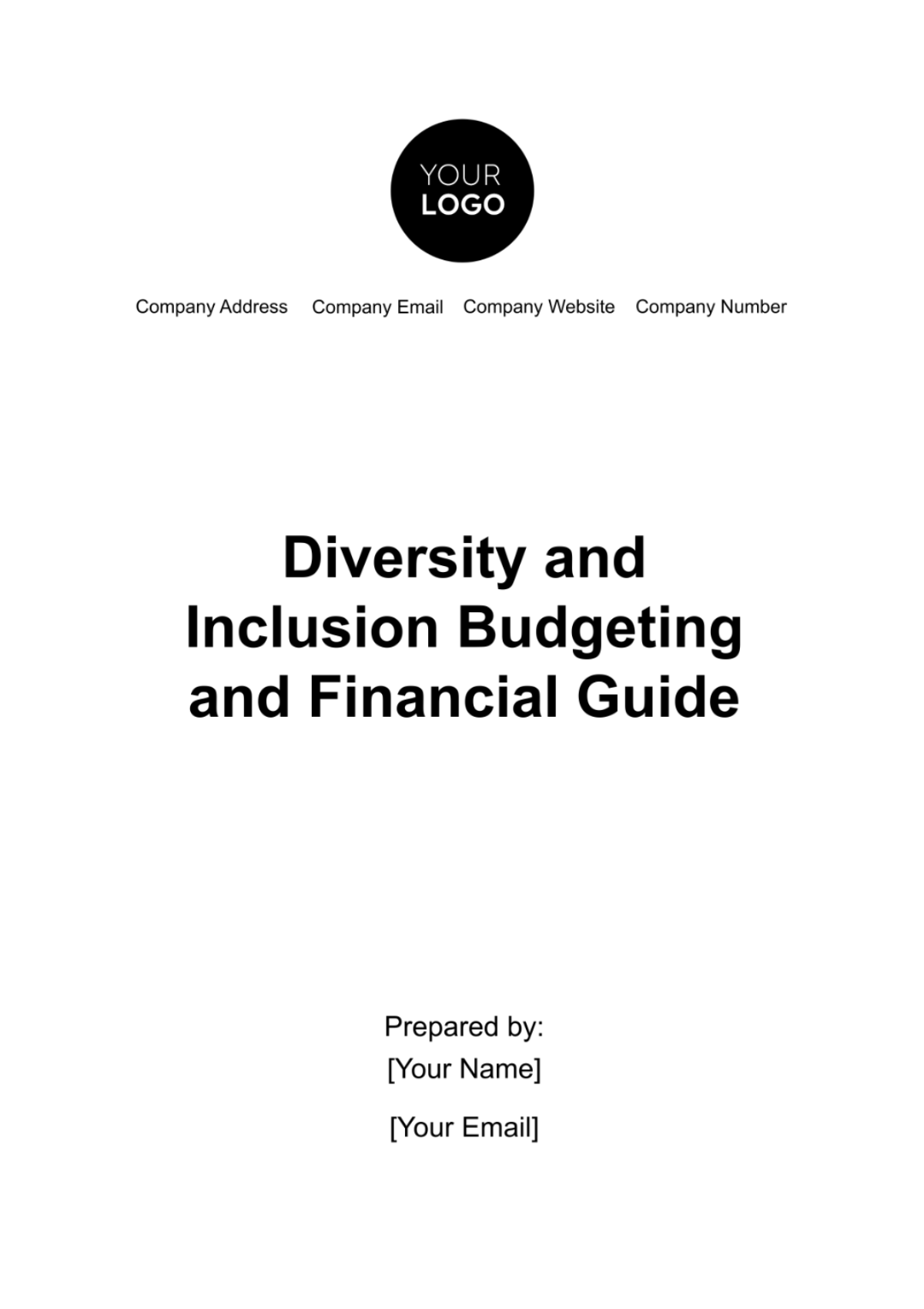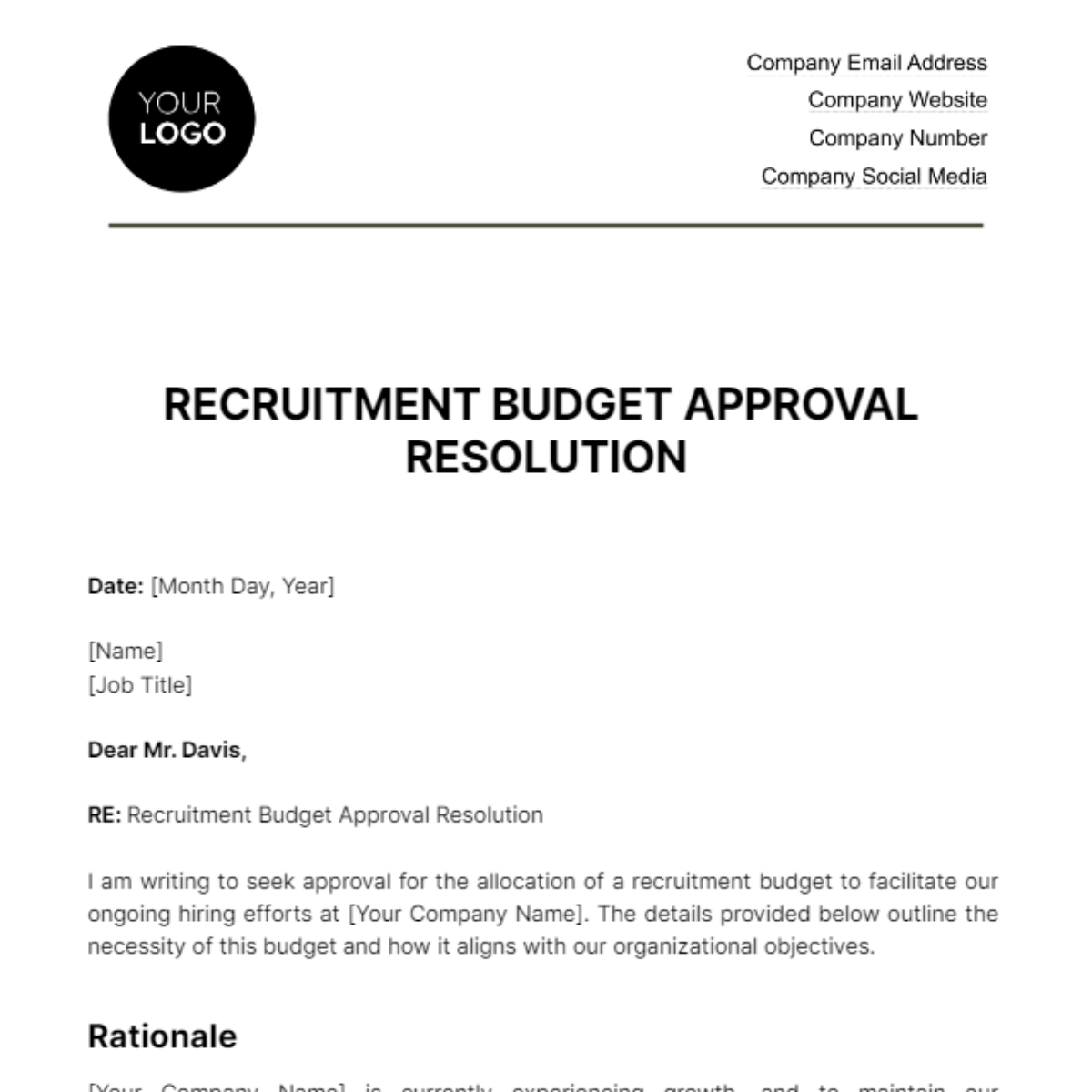Free HR Audit Budget Justification
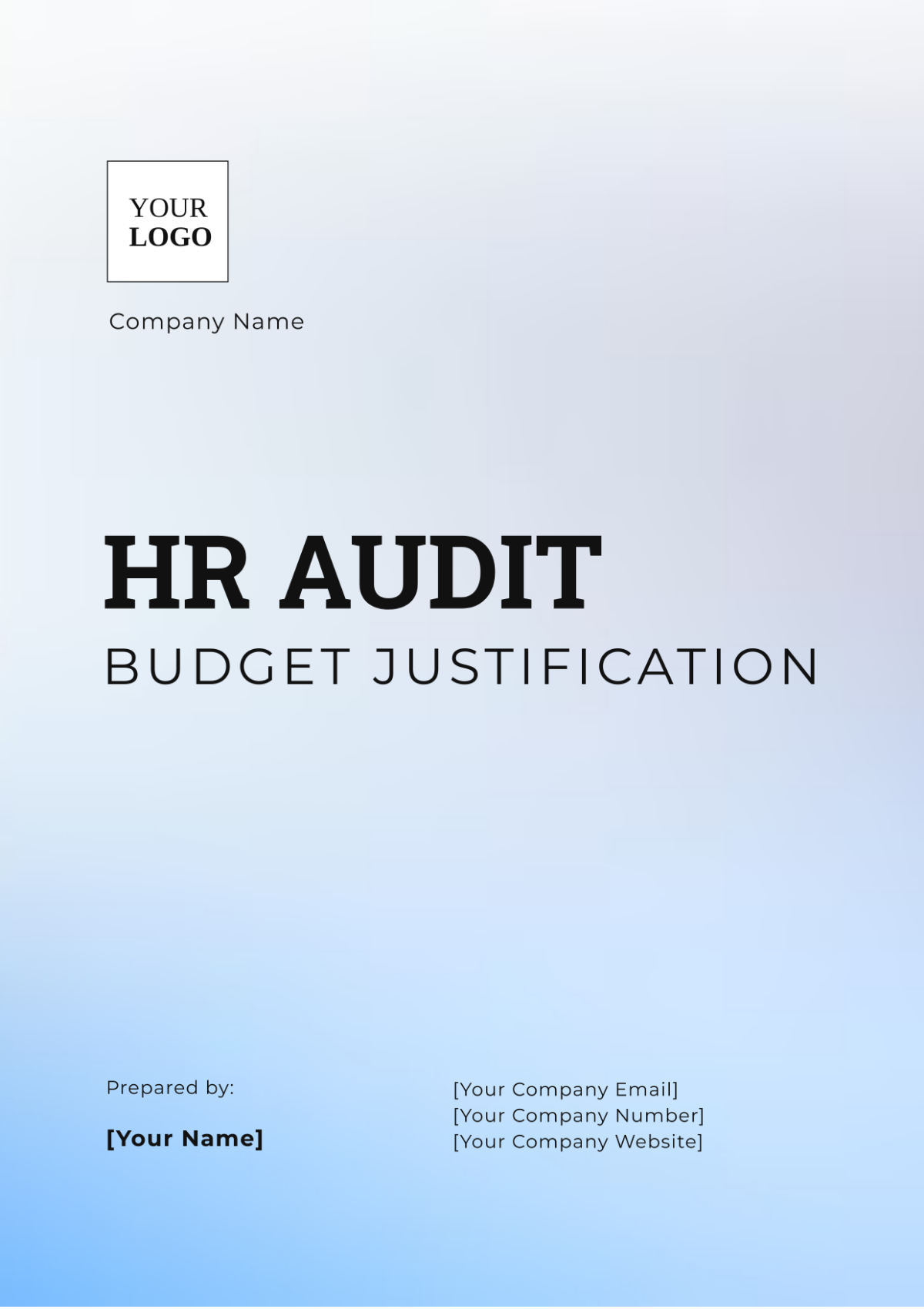
- 100% Customizable, free editor
- Access 1 Million+ Templates, photo’s & graphics
- Download or share as a template
- Click and replace photos, graphics, text, backgrounds
- Resize, crop, AI write & more
- Access advanced editor
Optimize HR audits with our customizable HR Audit Budget Justification Template from Template.net. This editable template facilitates precise budget planning and justification. Fully editable in our AI Editor Tool, it’s ideal for creating professional and detailed budget documents.
You may also like
- Budget Sheet
- Personal Budget
- Non Profit Budget
- Monthly Budget
- Project Budget
- HR Budget
- Company Budget
- Home Budget
- Weekly Budget
- College Budget
- Business Budget
- Construction Budget
- Small Business Budget
- Hotel Budget
- Annual Budget
- Home Renovation Budget
- Household Budget
- Student Budget
- Grocery Budget
- Marketing Budget
- Corporate Budget
- Startup Budget
- Manufacturing Budget
- Church Budget
- University Budget
- Annual Budget Plan
- Event Budget
- Operating Budget
- Travel Budget
- Food Budget
- IT and Software Budget
- School Budget
- Real Estate Budget
- Sales Budget
- Conference Budget
- Budget Finance
- Freelancer Budget
- Budget Advertising
HR Audit Budget Justification
Executive Summary
This HR Audit Budget Justification outlines the financial requirements for conducting a comprehensive audit of the Human Resources (HR) department at [Your Company Name]. The audit aims to evaluate HR policies, procedures, and practices to ensure compliance with legal regulations, enhance operational efficiency, and support strategic HR initiatives.
Purpose of the Audit: The primary purpose of the HR audit is to assess the effectiveness and compliance of HR practices with relevant laws and internal policies. This includes examining recruitment, onboarding, performance management, compensation, benefits, and employee relations.
Total Budget Requested: $75,000 – This figure covers all costs associated with the audit, including personnel, consultant fees, tools and resources, training, and any miscellaneous expenses.
Key Benefits
Compliance Enhancement: Ensures adherence to legal and regulatory requirements, reducing the risk of legal issues.
Process Improvement: Identifies inefficiencies and recommends improvements to streamline HR processes.
Strategic Alignment: Aligns HR practices with organizational goals to support overall business strategy.
Risk Mitigation: Identifies and mitigates potential risks related to HR operations and practices.
Budget Overview
This section summarizes the overall financial requirements for the HR audit, breaking down the total budget into specific categories.
Budget Summary:
Expense Category | Estimated Cost | Details |
|---|---|---|
Personnel | $30,000 | Salaries and benefits for internal HR staff involved in the audit process. |
Consultant Fees | $25,000 | Fees for external consultants or audit firms providing specialized expertise. |
Tools & Resources | $10,000 | Costs for software, databases, and other tools necessary for data collection and analysis. |
Training & Development | $5,000 | Expenses for training HR staff on audit procedures and best practices. |
Miscellaneous | $5,000 | Covers any additional costs not specified in other categories. |
Total | $75,000 |
Justification for Expenses
This section provides detailed explanations for each cost category, demonstrating the necessity and relevance of each expense.
Personnel:
HR Manager: $15,000 – Overseeing the audit process, ensuring compliance with audit protocols, and managing internal resources.
HR Specialists: $12,000 – Assisting with data collection, documentation review, and preliminary analysis.
Benefits: $3,000 – Includes health insurance, retirement contributions, and other employee benefits.
Consultant Fees:
External Consultant: $20,000 – Specialist in HR audits providing objective evaluation and recommendations.
Audit Firm: $5,000 – Engaged to conduct a thorough audit and produce an independent report.
Tools & Resources:
Audit Software: $7,000 – Essential for data analysis, tracking compliance, and generating reports.
Data Storage: $3,000 – Secure storage solutions for audit data and documentation.
Training & Development:
Training Workshops: $4,000 – Sessions for HR staff to learn about audit best practices and new methodologies.
Learning Materials: $1,000 – Educational resources such as manuals, guides, and online courses.
Miscellaneous:
Travel Expenses: $3,000 – Costs for travel to various office locations if the audit requires site visits.
Office Supplies: $2,000 – Includes stationery, printing costs, and other minor supplies needed for the audit.
Detailed Cost Breakdown
A thorough itemization of each expense category, including specific costs and justifications.
Personnel:
HR Manager: $15,000
HR Specialists: $12,000
Benefits: $3,000
Consultant Fees:
External Consultant: $20,000
Audit Firm: $5,000
Tools & Resources:
Audit Software: $7,000
Data Storage: $3,000
Training & Development:
Training Workshops: $4,000
Learning Materials: $1,000
Miscellaneous:
Travel Expenses: $3,000
Office Supplies: $2,000
Project Timeline
A detailed schedule outlining the key phases of the audit project, including start and end dates for each phase.
Project Phases:
Project Phase | Start Date | End Date | Details |
|---|---|---|---|
Planning Phase | January 1, 2050 | January 15, 2050 | Initial preparations, scope definition, and resource allocation. |
Data Collection | January 16, 2050 | February 15, 2050 | Gathering and organizing relevant HR data and documentation. |
Analysis & Evaluation | February 16, 2050 | March 15, 2050 | Reviewing data, assessing compliance, and identifying areas for improvement. |
Reporting | March 16, 2050 | March 31, 2050 | Compiling findings into a comprehensive report with recommendations. |
Implementation | April 1, 2024 | April 15, 2050 | Addressing findings, implementing changes, and monitoring progress. |
Expected Outcomes
This section describes the anticipated benefits and improvements resulting from the HR audit, providing a clear understanding of the audit's impact.
Expected Outcomes:
Compliance Improvement: Enhanced adherence to legal and regulatory requirements, reducing the risk of non-compliance issues and potential legal penalties.
Process Optimization: Streamlined HR processes leading to increased efficiency, reduced administrative burden, and improved employee satisfaction and engagement.
Strategic Alignment: Better alignment of HR practices with organizational goals, supporting overall business strategy and enhancing organizational performance.
Risk Mitigation: Identification and mitigation of potential risks associated with HR operations, improving overall organizational resilience and reducing the likelihood of HR-related issues.
